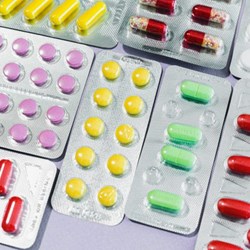Type 2 Diabetes
Type 2 diabetes is much more common than type 1 diabetes and accounts for about 90% of diabetes.
Diabetes is a condition where the glucose levels in your body are too high because either your body cannot make or cannot properly use a hormone called insulin. Insulin is made in the pancreas (an organ near the stomach) and it allows the glucose in your blood to enter your cells and fuel your body.
Type 2 diabetes is different from type 1 as your pancreas usually still produces insulin, just not enough of it or the insulin it produces doesn’t work properly.
Some people can manage their type 2 diabetes by eating healthier, exercising and where required losing weight. Others may need to take medication to treat it. It’s also possible for some to put their type 2 diabetes into remission – we have a resource below that gives more information about this.
As part of your diabetes care, you will get check-up appointments to monitor your blood glucose levels, eyes, kidneys, heart, legs and feet. Diabetes UK has compiled a list of healthcare checks that should be carried out every year which you can find in the resources below.
You can find out more about type 2 diabetes through the different resources below.
Our My Type 2 Diabetes is a comprehensive eLearning course with all the facts, for anyone just diagnosed with type 2 diabetes, or those just wanting a refresher. Also, have a look at the local services section to see what diabetes services are offered in your area.
Advanced Search
Resource type -
Language -
Type of diabetes -

Type-2 diabetes and hormone replacement therapy (HRT)
Doctors have been reluctant in the past, to prescribe hormone replacement therapy (HRT) for perimenopausal women with type-2 diabetes (T2DM). This was because diabetes is known to increase the risk of cardiovascular disease, and HRT was also believed to do the same.